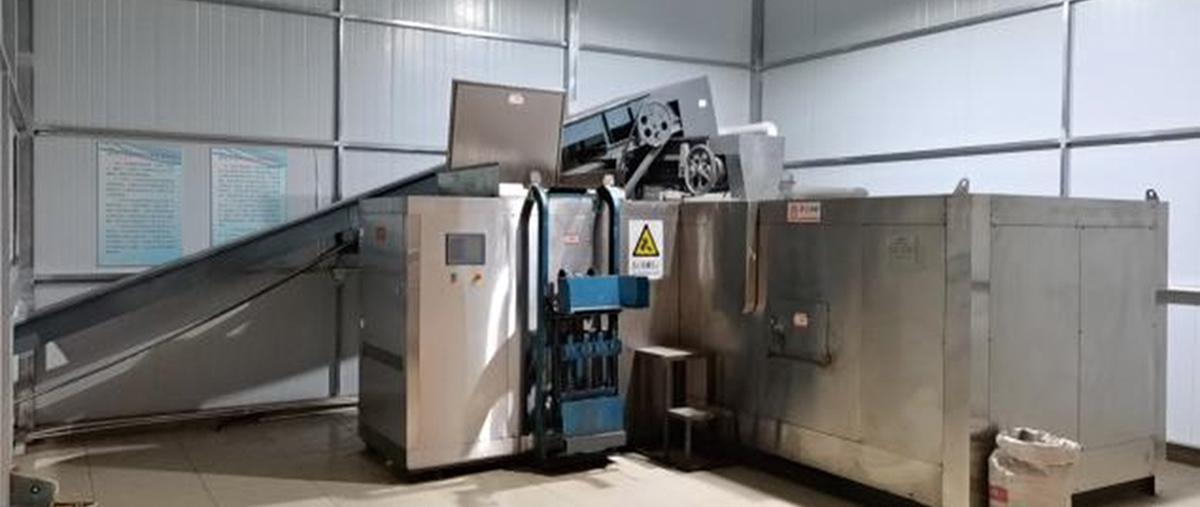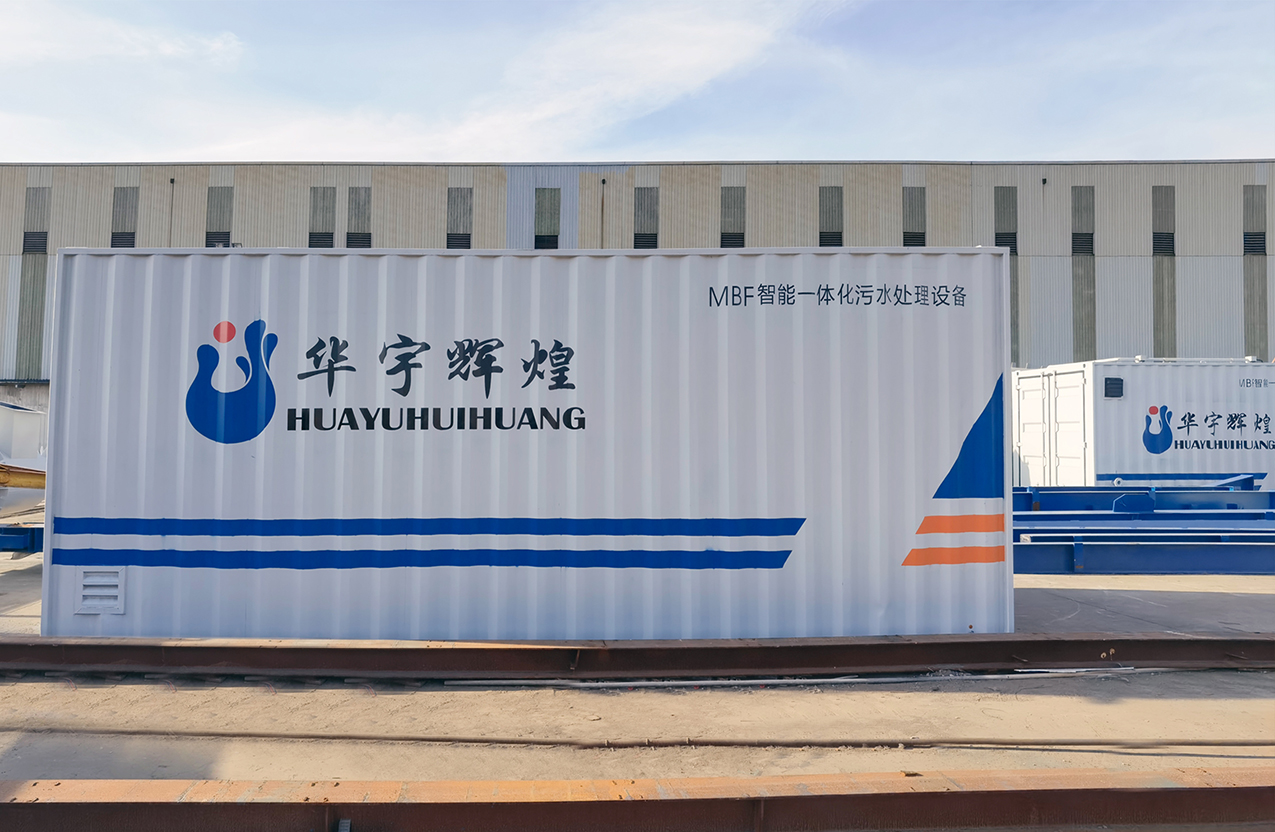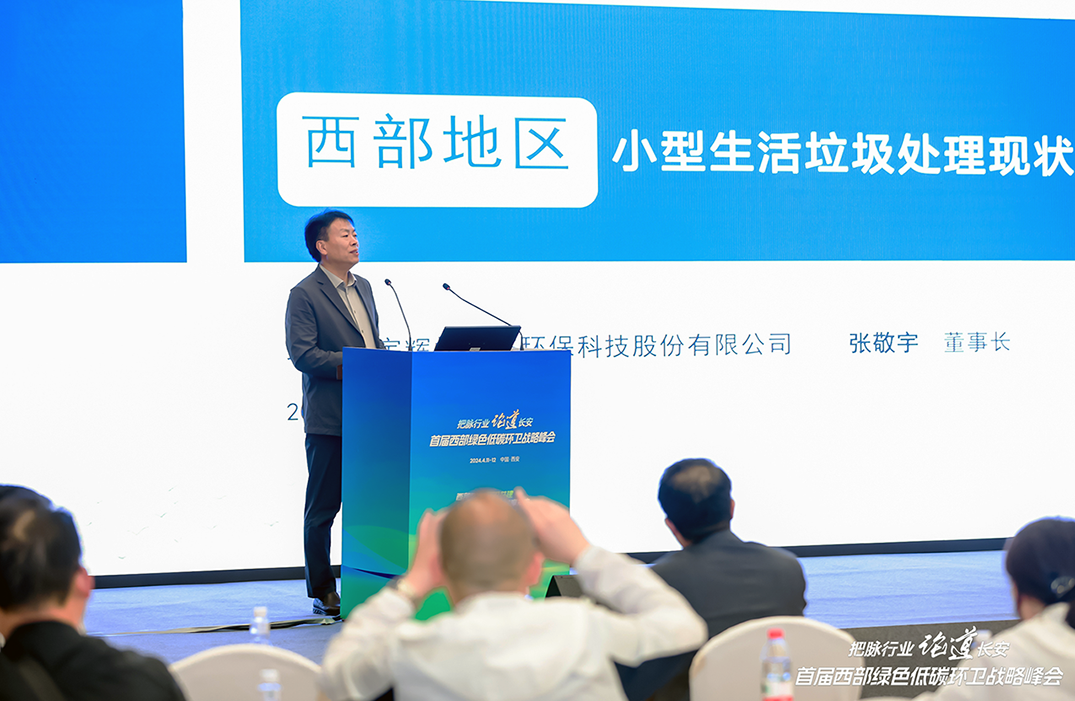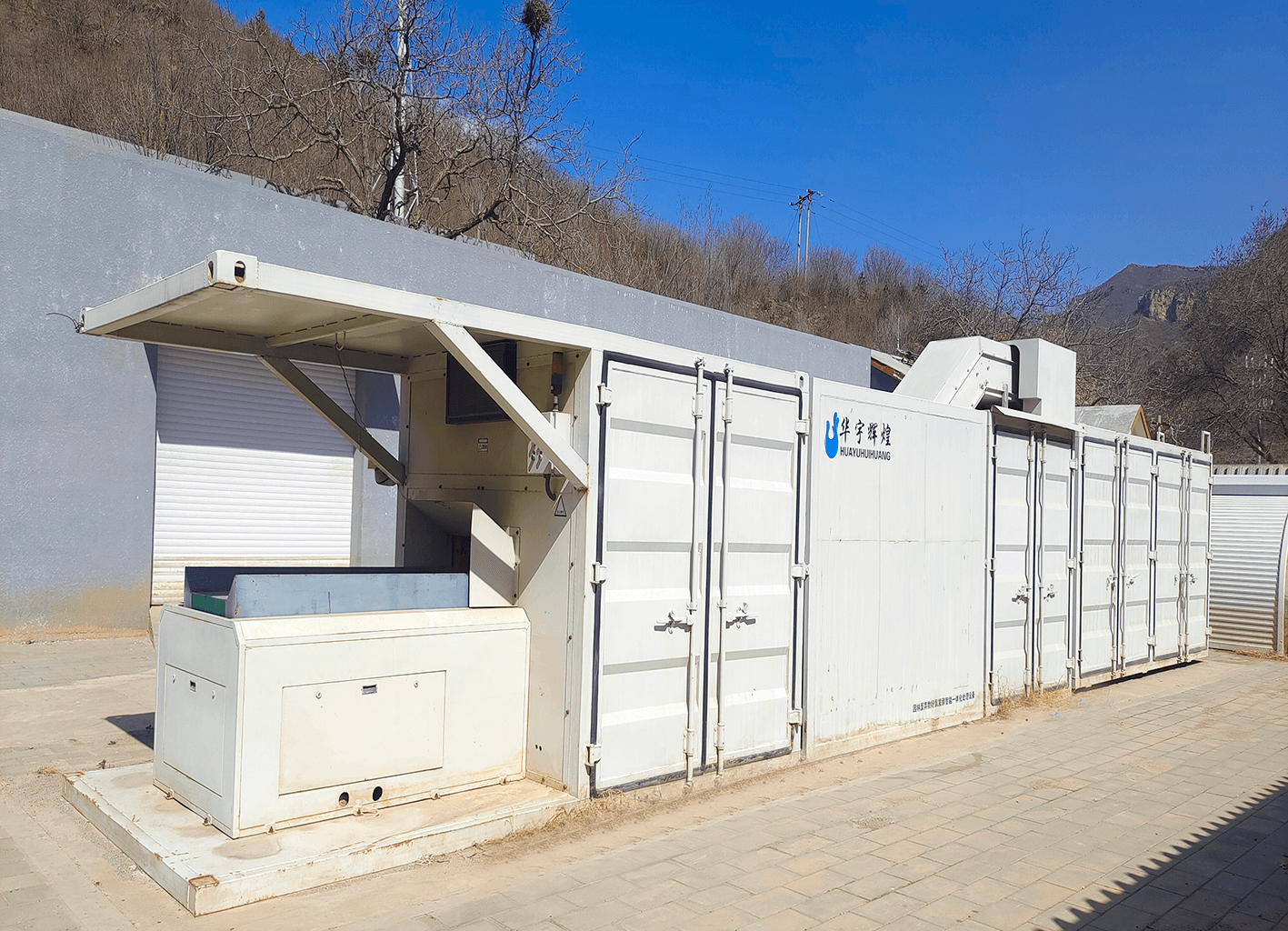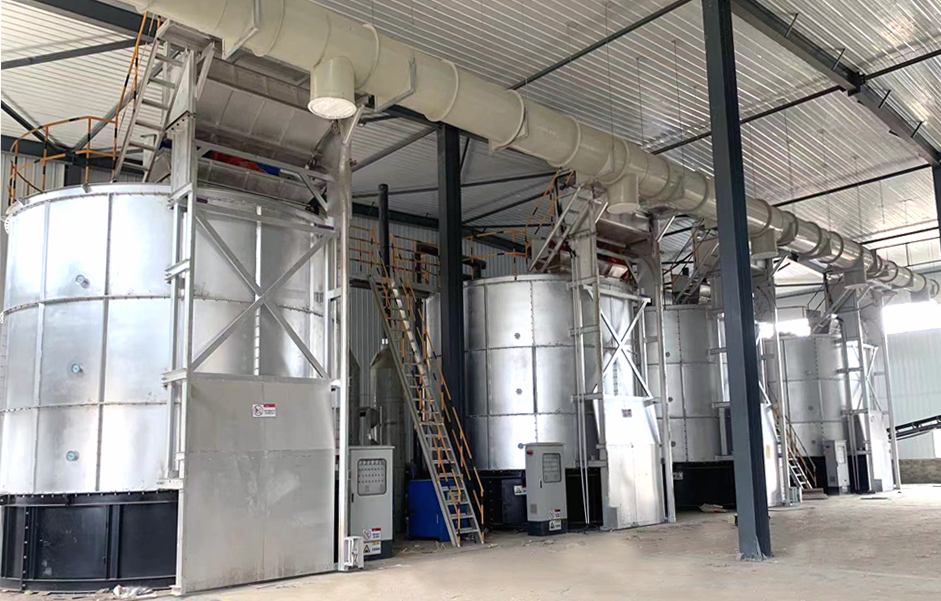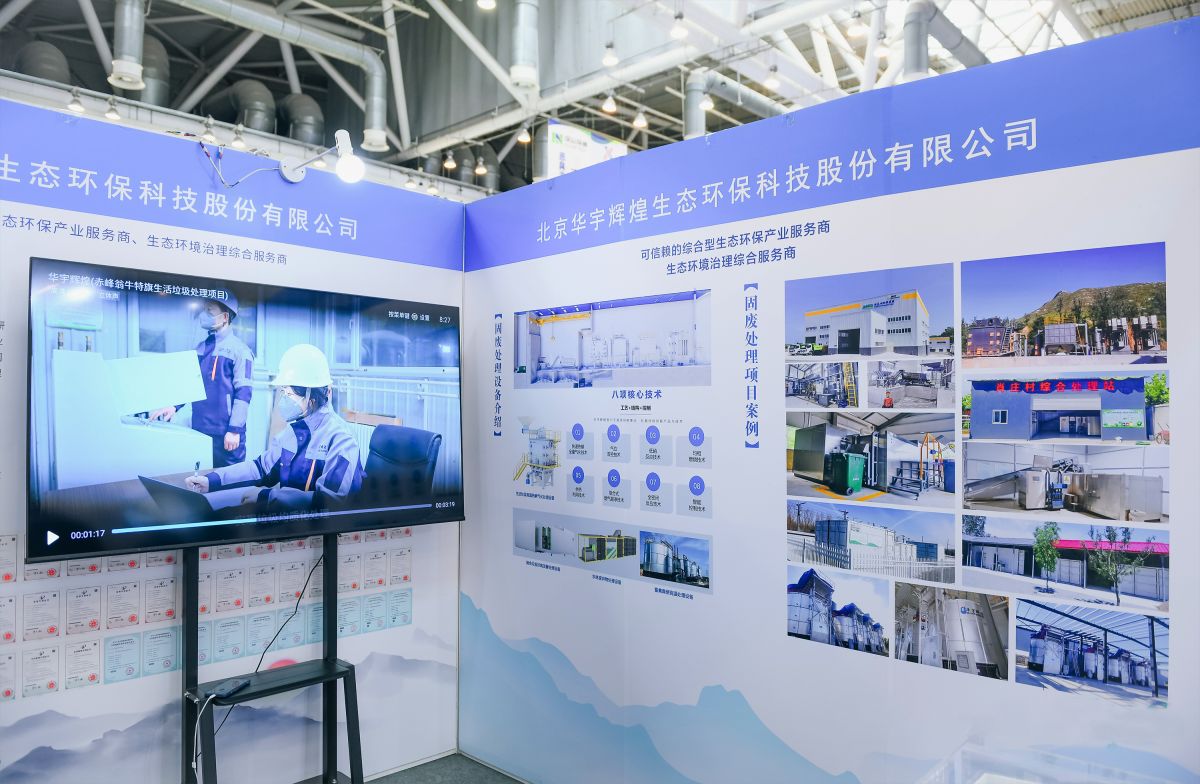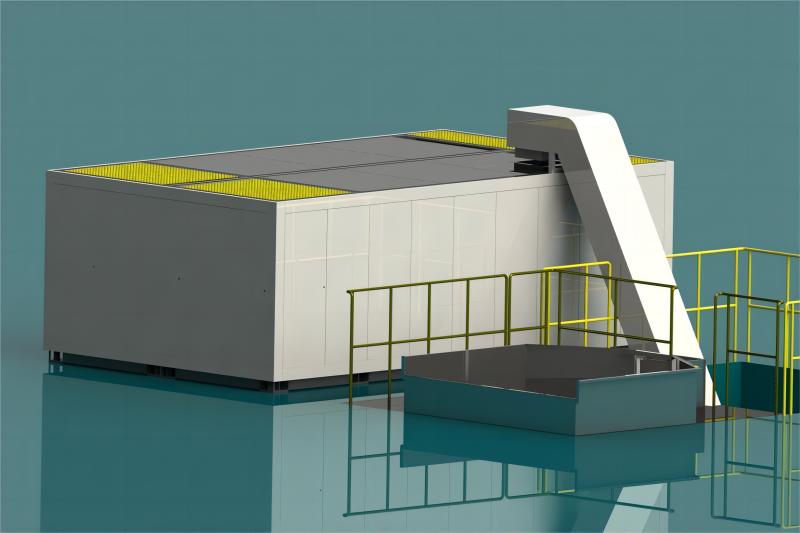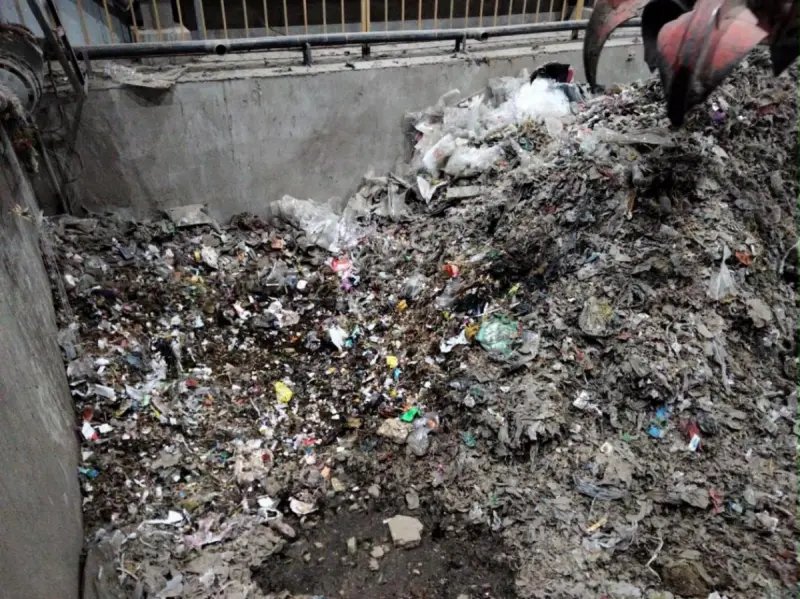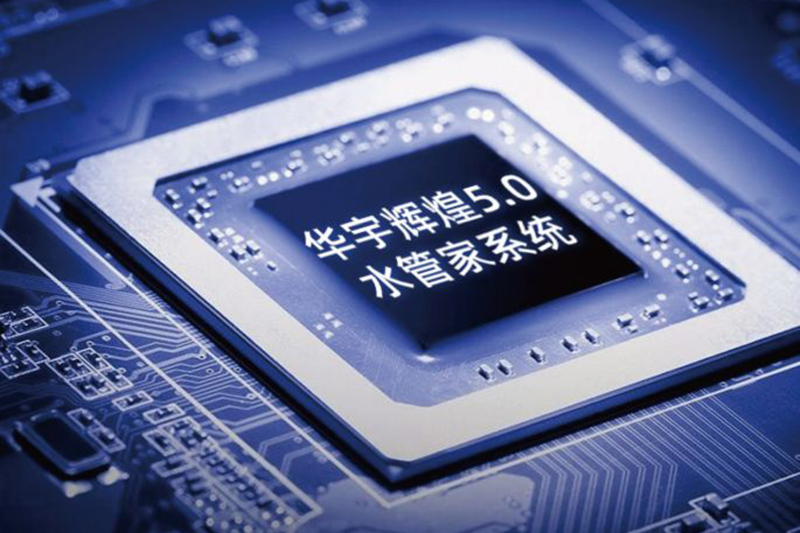Managing Commercial Food Waste Using Organic Waste Converters
2023-12-22 16:36:22
2023-12-22
Organic waste is a significant environmental problem, especially in the commercial sector. Food waste, in particular, is a major component of this organic waste, contributing to landfill depletion and greenhouse gas emissions. To solve this problem, many businesses are turning to environmentally friendly solutions such as organic waste converters (OWC). The OWC Bio-Digester developed by HYHH is a complete set of environmentally friendly equipment designed to efficiently convert food waste into humus through microbial aerobic fermentation technology. In this blog, we will discuss how commercial businesses can use OWC biodigesters to effectively manage food waste, taking a closer look at their operating principles.

The OWC Bio-Digester is an innovative solution for managing commercial food waste. It is a comprehensive equipment composed of four parts: pretreatment, aerobic fermentation, oil-water separation, and deodorization system. The pretreatment system includes garbage sorting platform, crushing system and dehydration system to adjust the physical properties of food waste. The aerobic fermentation system is composed of stirring system, ventilation system, auxiliary heat system and control system. The temperature in the fermentation chamber was controlled at 50 - 70℃ to ensure efficient fermentation and degradation of the mixture. The oil-water separation system uses gravity separation techniques to achieve oil-water separation. The oil in the upper layer of the water surface is collected by the oil filter tank, and the water is discharged through the outlet below. The deodorization system is mainly composed of exhaust gas collection pipeline and deodorization equipment to ensure that the gas meets the emission standards.
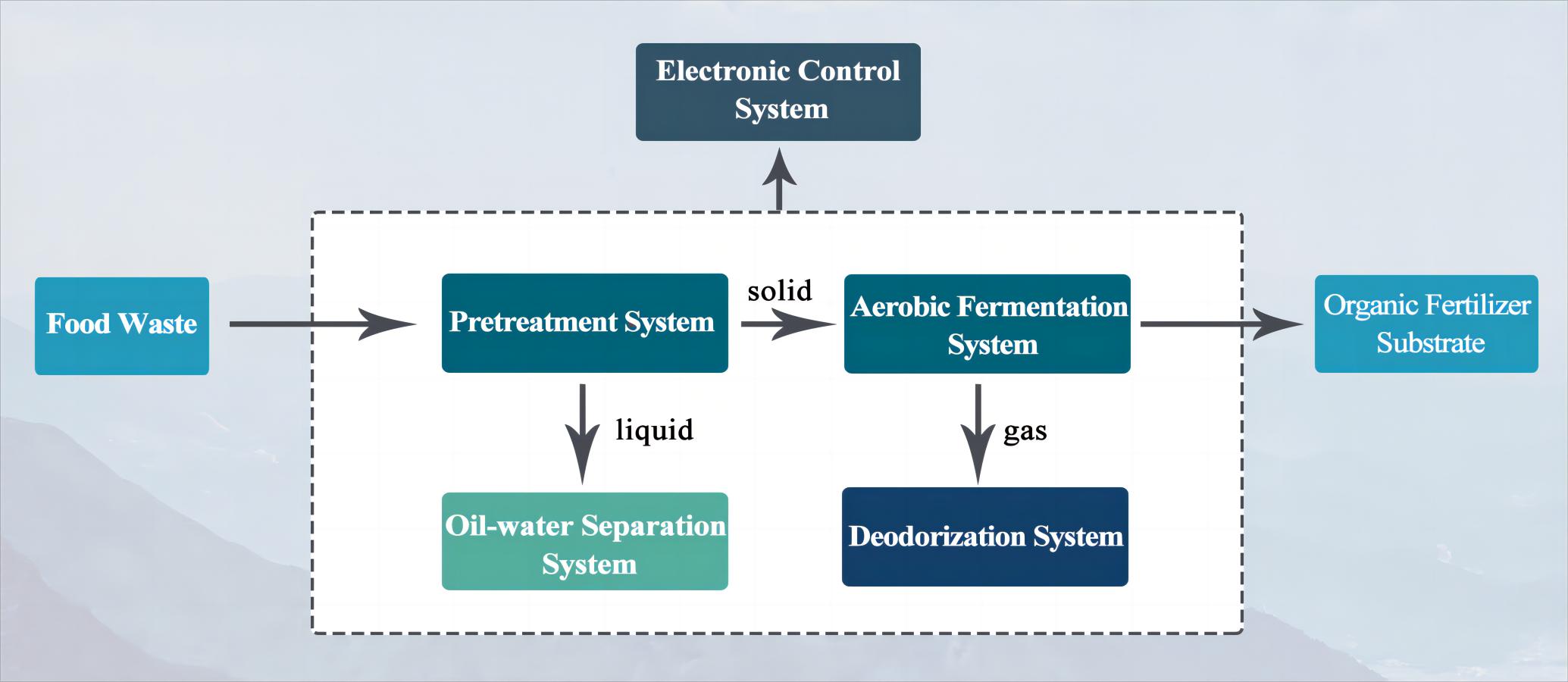
The process is extremely efficient, achieving over 90% waste reduction in just 24 hours. The entire process is controlled by an electronic control system and can be fully automated. OWC Bio-Digester adopts modular design. Flexible equipment combinations allow for large-scale centralized treatment to be performed as well as scattered in situ treatment.
The operating principle of the OWC Bio-Digester is based on the utilization of microbial aerobic fermentation technology. This process involves the introduction and cultivation of specific microorganisms that thrive in aerobic conditions, effectively breaking down the organic matter present in food waste. Food waste is quickly converted into humus, a nutrient-rich organic material that can be used to improve soil quality and support plant growth. In addition, the OWC Bio-Digester's deodorization system can effectively reduce the odor generated during the fermentation process and improve the working environment of operators.
Commercial businesses can effectively manage their food waste by implementing an OWC Bio-Digester as part of their waste management strategy. This innovative device provides a sustainable and efficient solution for the processing and conversion of food waste, significantly reducing the environmental impact of organic waste processing. By utilizing OWC Bio-Digester, businesses can actively contribute to waste reduction, minimize their carbon footprint, and support the development of a circular economy. In addition, the nutrient-rich humus produced by the OWC Bio-Digester can be used as a valuable resource for soil improvement, forming a closed loop of organic waste utilization. OWC Bio-Digester can provide commercial enterprises with an excellent opportunity to prioritize environmental stewardship and contribute to a more sustainable future.
